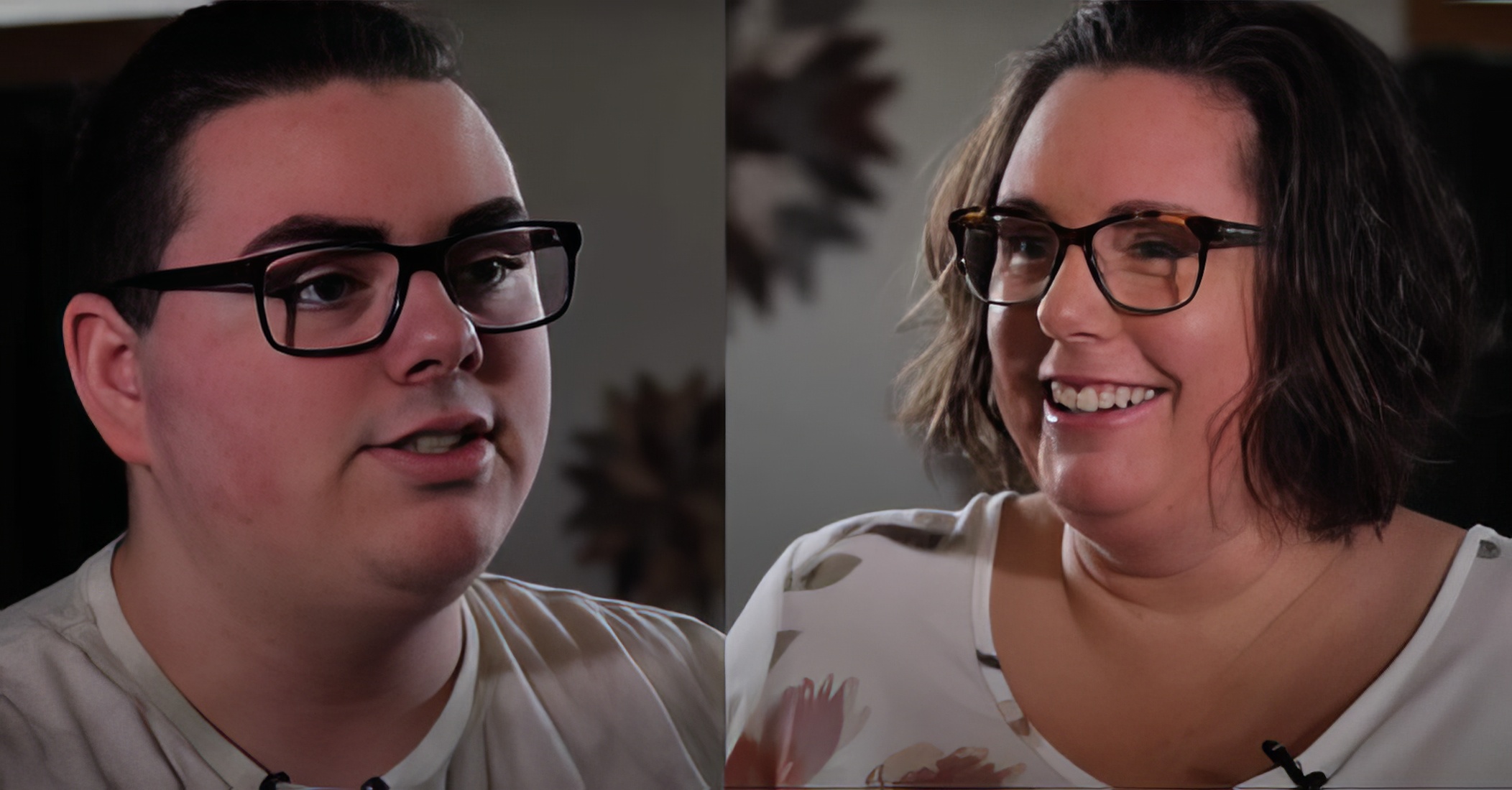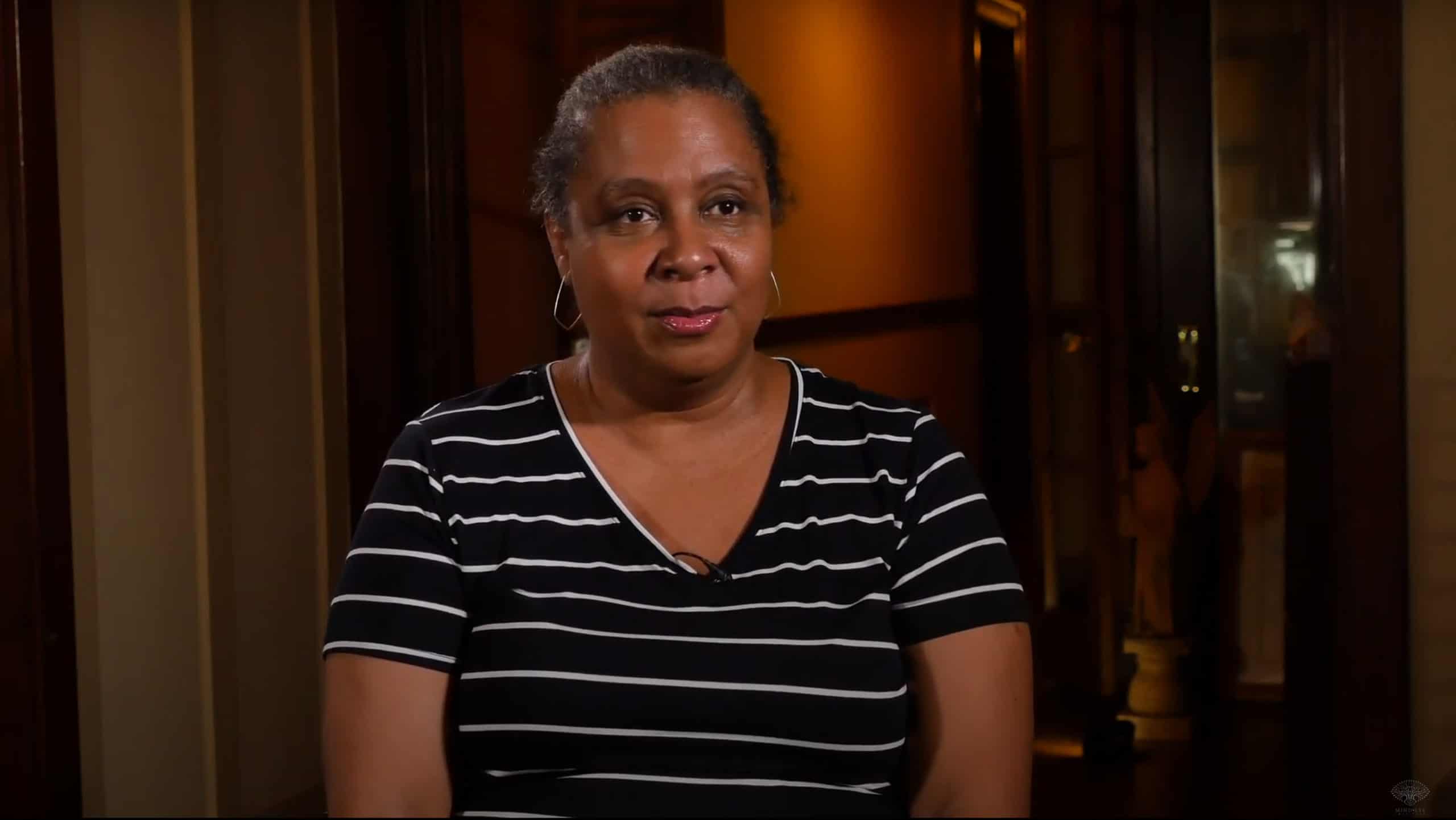Visual Processing Rehabilitation for Learning Disorders
Helping adults and children impacted with visual processing disorders such as attention deficit hyperactivity disorder, dyslexia, and others improve performance that impacts their daily lives.
Awards & Recognition

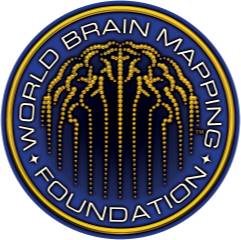
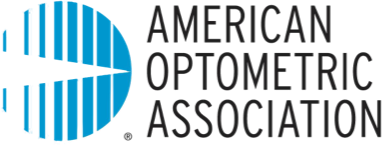
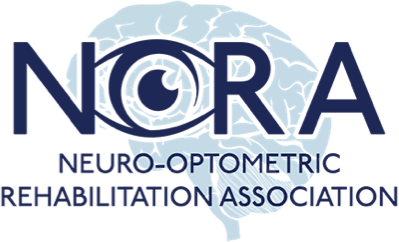

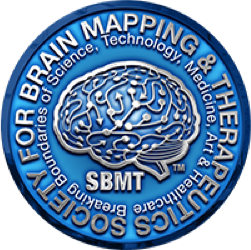

Overcoming Learning Challenges, and Improving Visual Perception and Processing
When evaluating children and adults with learning disorders, we want to take into account how each person listens, visualizes, and interacts with their environment so that we can help with sensory overload or imbalances. Those imbalances or overload may be impacting their ability to comprehend incoming information. Since no two individuals are the same, people will respond differently and require unique interventions. We are testing visual circuitry and may be able to discover a subtle visual processing issue that may not have been thoroughly assessed.
You are not alone in this journey. If you’ve been told that there’s no hope for improvement, give us a call and speak to a new patient advocate to determine if we may be able to assess something that might have been overlooked.
Common Symptoms and Diagnoses for Learning Disorders
Learning disorders such as ADHD and dyslexia can be challenging experiences that impact various aspects of a person's life, including daily functioning. However, there are various other learning issues where patients have seen some improvements. These include:
These disabilities can result in difficulties with reading, writing, spelling, visualization, eye-hand coordination, and recognizing specific shapes and letters.
How the Mind-Eye Institute Helps Patients with Visual Processing Problems
The Mind-Eye Institute views the eye as an entrance into brain function. Patients with learning differences (neurodiversity) are assessed to determine which of the many visual skills used during a day are easy for them and which are difficult or avoided. We do not replace other ancillary practitioners – instead, we are an adjunct to their work. The Mind-Eye treatment plans are designed to change the incoming environment, activate less used brain pathways and divert activity from overloaded pathways.
Interested in Visiting Our Clinic?
Interested in Visiting Our Clinic?
Get in contact with one of our New Patient Advocates to book an appointment.
At the Mind-Eye Institute we understand that interactions between the electrical and biochemical pathways in the brain affect physical, physiological and psychological systems. Visual interventions that alter retinal signaling pathways impact both the electrical and biochemical systems.
Our patients undergo thorough examination with advanced technology and testing techniques to measure their reactions and responses to light entering the retina. With this information, experts at the Mind-Eye Institute determine whether a patient’s visual and auditory systems are synchronized. They consider how light might be manipulated to positively impact brain function and body chemistry. The goal is to find optimal ways of mitigating symptoms that are not improved or resolved through standard approaches.
Specifically, our team offers patients prescriptive eyeglasses, contact lenses or other optometric interventions to selectively stimulate light dispersed on the retina. Individualized lenses can:
Getting In Touch With Us
To learn about next steps for registering as a patient or registering a child as a patient, please call the Mind-Eye Institute office at 847.558.7817 or you can fill out our online New Patient Inquiry Form provided here.
The Mind-Eye Institute is a non-participating provider with any insurance company. We don’t bill your insurance directly, but our team will provide you with the necessary documentation to submit to your insurance company for partial reimbursement following your visit.
New Patient Inquiry
Thank you for your interest in scheduling an appointment at the Mind-Eye Institute. Prior to submitting your request to speak with a new patient advocate, we ask that you carefully review our FAQ section below which has more information on insurance, financial aid, and treatment at facility.The FAQ link needs to anchor down to the FAQ section.
An Overview of the Patient Journey
Our goal is to help children and adults enjoy a more comfortable environment in their day-to-day lives, which has a direct effect on quality of life. Our approach is designed to help patients remap brain pathways and improve visual processing, rather than sharpening eyesight. This viewpoint makes our evaluations and interventions so unique. Here’s what our groundbreaking testing and top-notch patient care looks like:
1
Evaluation
The Mind-Eye Institute uses advanced technology and testing techniques to examine visual performance and processing skills. You’ll be visiting our clinic here in the Chicagoland area. The thorough evaluation will take several hours to pinpoint subtle visual processing issues. Learn about our Patented Z-Bell Test.
2
Individualized Plans
Following your in-office evaluation, an individualized plan will be prescribed to break old visual habits and create new ones. This is accomplished by using many care tools, ranging from Mind-Eye Brainwear to modify external eyesight, all the way to visual skill development and processing activities to address internal visualization.
3
At-Home Care
A Patient Advocate will be following up regularly to ensure that you are progressing with the activities and care tools prescribed as part of your treatment plan.
4
Follow-up Appointments
Patient follow-ups can take 2-3 years on average. Depending on the situation, we recommend that patients return to our Chicagoland clinic 2-3 times/year for updated evaluations and possible prescription changes as they continue to break old brain habits and form new ones. Each patient is different, and progress is specific to each individual and their condition.
A Passionate Team That Cares, Producing Life-Changing Results
Don’t take our word for it! Check out testimonials from past patients (and their caretakers or parents). These include professional athletes, artists, veterans, first responders, parents, children, and people from all walks of life.Their stories will inform you, their resilience will inspire you, and our commitment to patient care and transformation through continuous research will bring confidence that embarking on this journey is the right choice.
Success Stories
FAQs
FAQs
We do not bill any insurance but we will provide the CPT procedure codes and superbill for patients to submit to their insurance for partial reimbursement for out-of-network benefits.
Patients would be required to come to the clinic in order to be evaluated for a prescription and treatment plan. We do see many patients from out of state and internationally, typically for limited time in the clinic between 3-5 times over the course of 2-3 years. Many patients fly in and out on the same day.
There are a few practitioners worldwide who have received one of the five levels of training that the Mind-Eye Institute’s practitioners offer.. We are able to do remote patient appointments for follow-up appointments with those optometrists on a case-by-case basis. Please contact us and speak with a New Patient Advocate in order to address further questions or concerns.
We see a range of patients starting at 4-5 months old babies, when a lot of binocular vision begins, to adults who want to build new visual skills after a lifetime of learning problems. Brains can change at any age, although long-term habits take longer to break.
Our testimonial videos represent just a small portion of the patients who we have helped over many years. Yet, these videos make a great resource for some patients to recognize their own symptoms, or to find solace that there are other people like them. To better understand if we can help with your particular situation, please contact us and speak with a New Patient Advocate who will better be able to determine if our clinic is the right fit for you.
We do offer financing for patients over the course of 6-12 month payments via Care Credit. We also have options for financial aid which patients can apply for via our financial aid forms. This can put services on a sliding scale based on income. Please ask a New Patient Advocate for these forms and we will be happy to get those sent over to you.
Ready to Start Your Journey?
Ready to Start Your Journey?
A 30-minute phone call with a new patient advocate will provide you everything that you need to know to get started.
A 30-minute phone call with a new patient advocate will provide you everything that you need to know to get started.
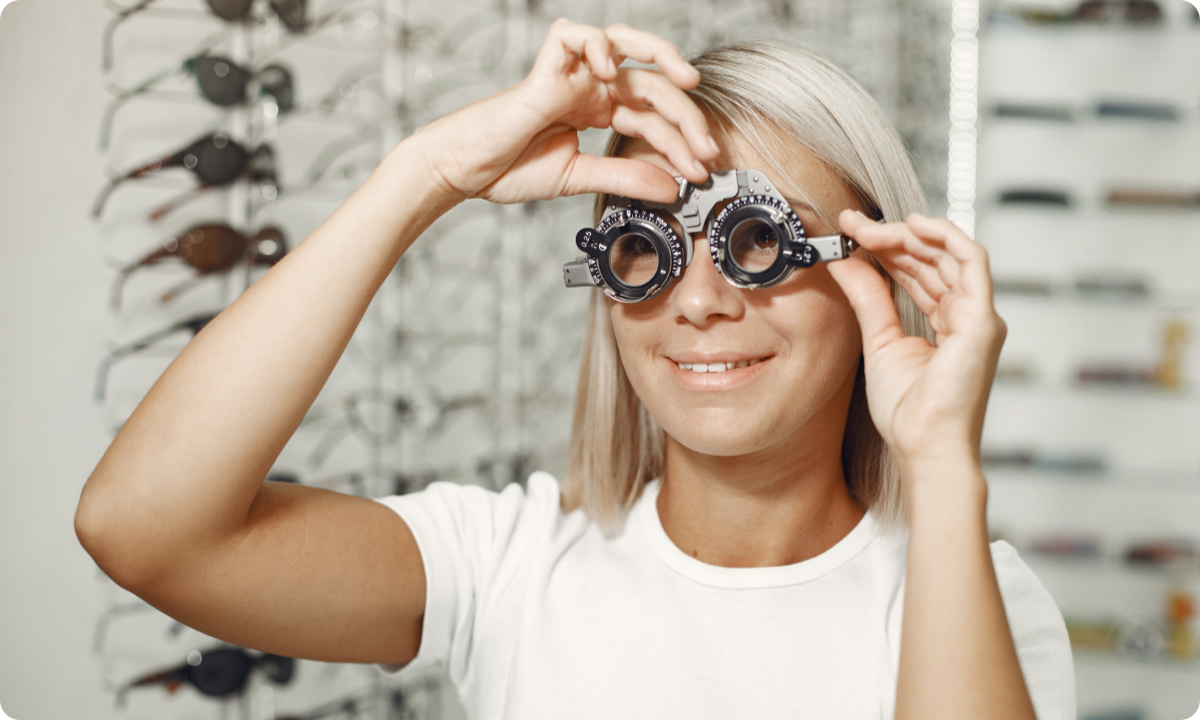
Scientific Research
Research
Retina May Be Key to Next Health Breakthroughs
Research
Dyslexia: Can Customized Eyeglasses Modify Its Effects?
Research
The Limbic System: Are Emotions and Memory Linked to Visual Processing?
Research
Mind-Eye Founder Speaks at Stanford Brain Injury Program
Research
COVID Pandemic Delayed Many Children’s School Readiness
Research


